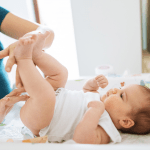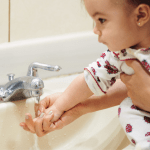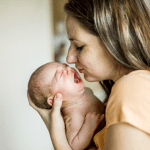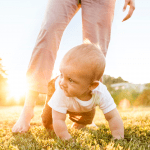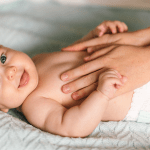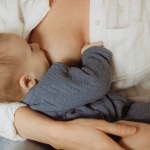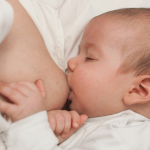Have you ever thought about the fact that you might be unintentionally harming your baby with the most common everyday things, like changing diapers, putting baby lotion on etc.? Chances are, you are…
Babys’ skin is thinner and more delicate compared to an adult’s skin and absorbs chemicals much easier. So when you use topical baby products that contain chemicals and put them on baby’s skin, they will go through baby’s skin in no time and enter baby’s body, creating havoc. This is the main reason you need to avoid chemicals in your topical products and environment.

How do these chemicals affect your baby?
Let’s begin before baby is born, in the womb.
Babies in the womb are particularly vulnerable to anything that disturbs or disrupts the normal hormonal function and hormones. The reason for that is that their brain and other vital organs are developing. Any disruption to their hormonal development in this period can lead to negative health impacts in the future. Many chemicals can have this hormone disrupting effect, which is why they are called endocrine disruptors.
The BIG concern with harmful chemicals and babies is the impact on their brain development. The brain is only fully developed in our twenties – and hormones play a vital role in this process. Some chemicals can disrupt its development by mimicking or blocking certain hormones. For example, the thyroid hormone plays an important role, but can be disrupted by endocrine disrupting chemicals (EDCs). EDCs are chemicals or mixtures of chemicals that interfere with the way the body’s hormones work. A child’s brain only gets one chance to develop, so an early impact can cause problems for the rest of someone’s life.
Exposure to harmful chemicals in the womb has been linked to the prevalence in children and adolescents of ADHD, developmental, emotional and behavioral problems, and autism.
Harmful chemicals can be transmitted from mothers to babies in the womb, and even through breastfeeding. So it is a good idea to try to avoid chemicals during your pregnancy. However, it doesn’t just stop inside the womb.

Once your baby is born, they are also at risk for exposure to chemicals. What you put on your skin matters. What you put on your baby’s skin matters. The toys your child plays with matters, the clothes you put on your child matters.
Chemical preservatives are everywhere and wreak havoc on the health of you and your baby.
So, what can you do as a new mom?
We are exposed to many different chemicals in our daily life, from food and cosmetics, to furniture and clothes. Babies and young children are also exposed to these chemicals and are particularly vulnerable as they are still developing
We and our babies are exposed to chemicals through various routes, including ingestion, inhalation or absorption through the skin.
Read labels. Avoid all topical products like lotions, balms, or even baby wipes that have water as an ingredient because when there is water, there are chemicals. This makes it very easy to avoid harmful ingredients in all of the cosmetics and toiletries you and your children use each day. No need to go through the often lengthy lists of ingredients. Just check if the product contains water. If it does, avoid it.
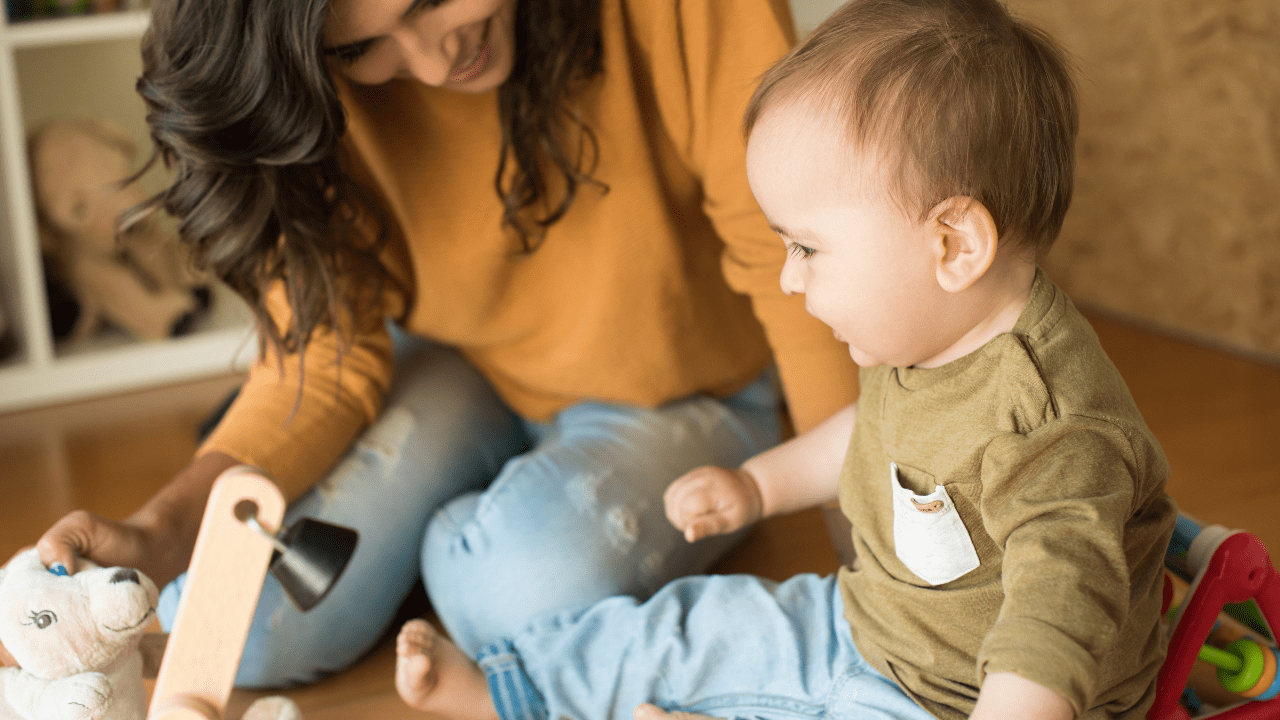
Buy safe toys. Avoid soft plastic toys, as these can contain endocrine disruptors like phthalates and BPA. There are a few rules of thumb you can follow to reduce the risk of the toys containing harmful chemicals:
- Avoid toys that smell strongly of chemicals or are heavily scented.
- Avoid soft plastic toys, as these can contain endocrine disruptors like phthalates.
- If a toy is painted or treated with varnish or other coatings, make sure it is non-toxic, free from lead, and meant for children.
Use organic and/or reusable diapers. Some diapers can contain harmful chemicals. Tests carried out by France’s national health agency Anses found harmful chemicals in babies’ diapers at levels that exceeded safe limits. Chemicals in diapers include fragrances (which can irritate the skin and cause allergic reactions), and glyphosate, a pesticide suspected of causing cancer.
So make sure that you are super aware that you are not unintentionally harming your baby.

